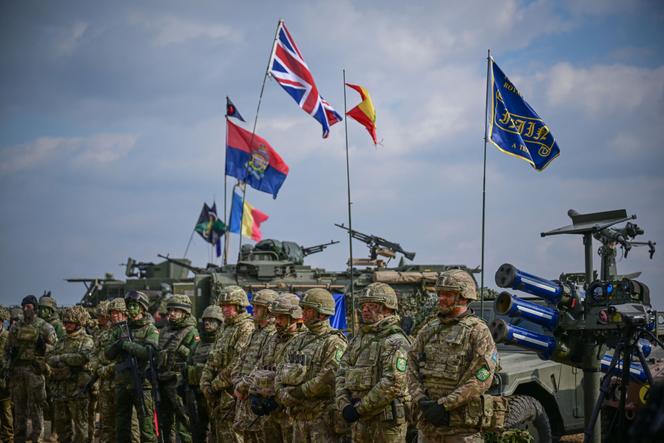


Some refer to it as the "European pillar" of the North Atlantic Treaty Organization (NATO), others mention a "Europeanization" of NATO, or even a "NATO 3.0." Regardless of the terms used, the idea that Europeans should take more responsibility for their collective defense, which has been ensured for 75 years by the alliance where the United States has a dominant role, is gaining traction in European capitals. The fact that the US under Donald Trump decided to voluntarily turn its back on Europe to focus on its own borders and Asia, with China in its sights, while cozying up to Vladimir Putin's Russia, leaves Europe with a daunting task.
During his visit to the organization's headquarters in Brussels on February 12, Pete Hegseth, the US secretary of defense, warned that "the United States will no longer tolerate an imbalanced relationship [with Europe] which encourages dependency." Marco Rubio, the US secretary of state, was scheduled to attend a ministerial meeting on Thursday, April 3 and Friday, April 4, where he is expected to reaffirm Washington's support for more balanced burden sharing in Europe's collective defense.
You have 81.87% of this article left to read. The rest is for subscribers only.
